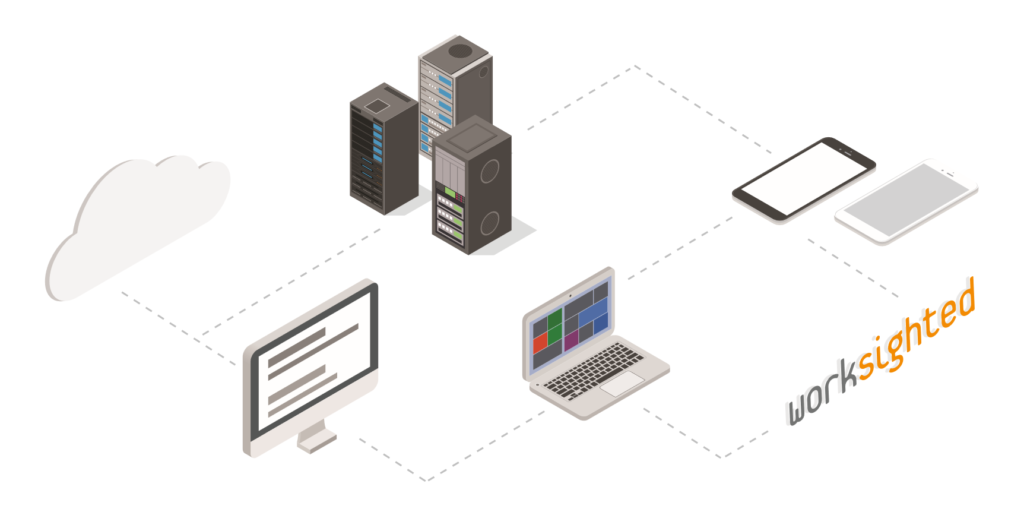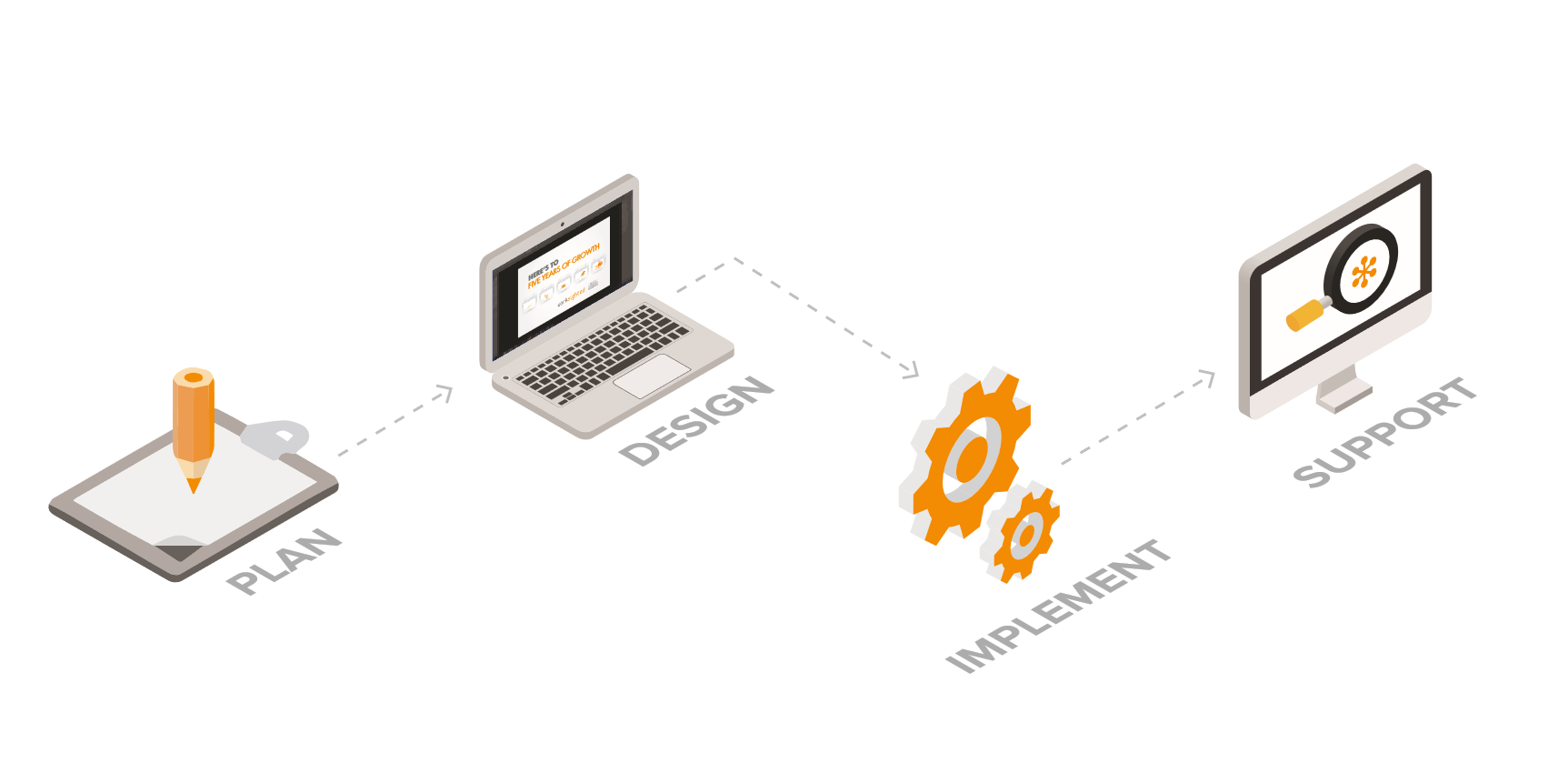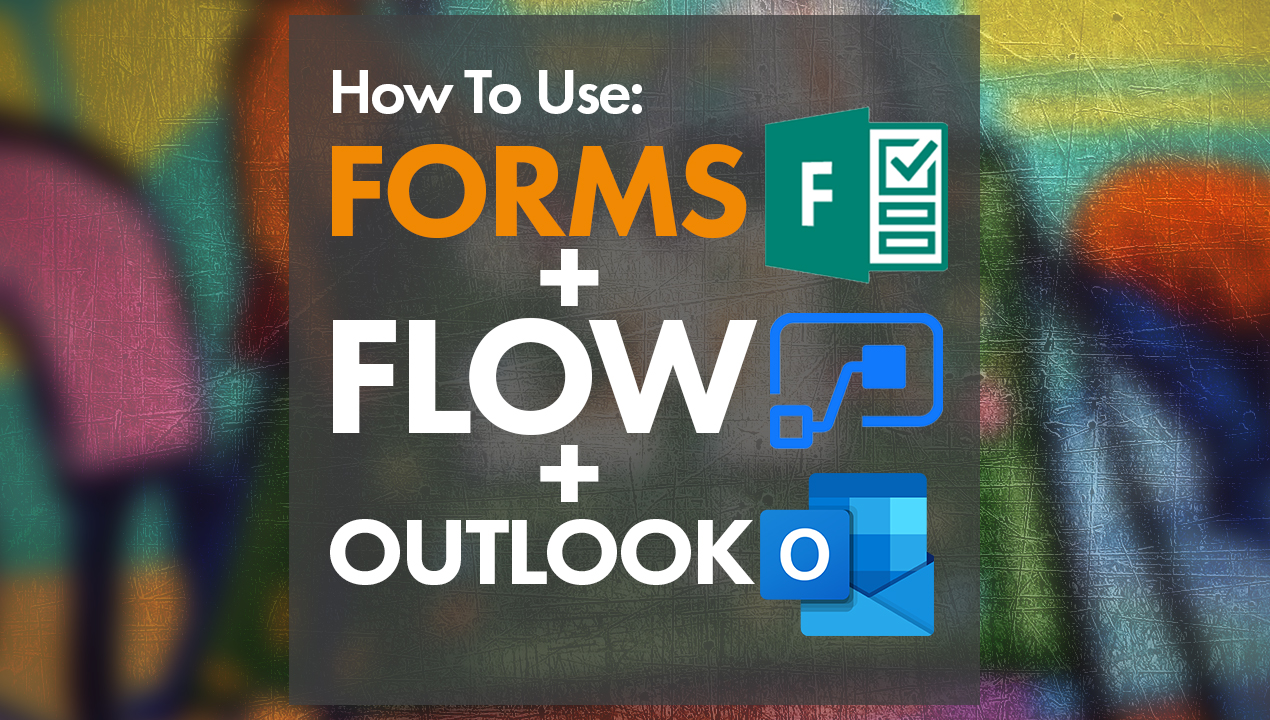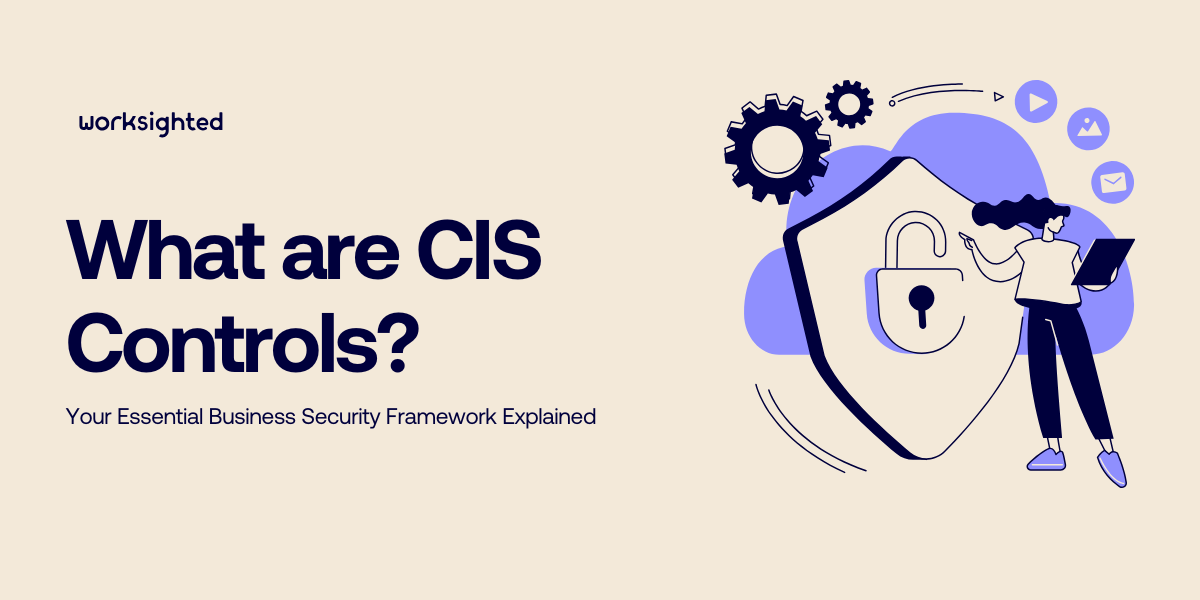How to Choose the Best Managed IT Service Provider for Your Business
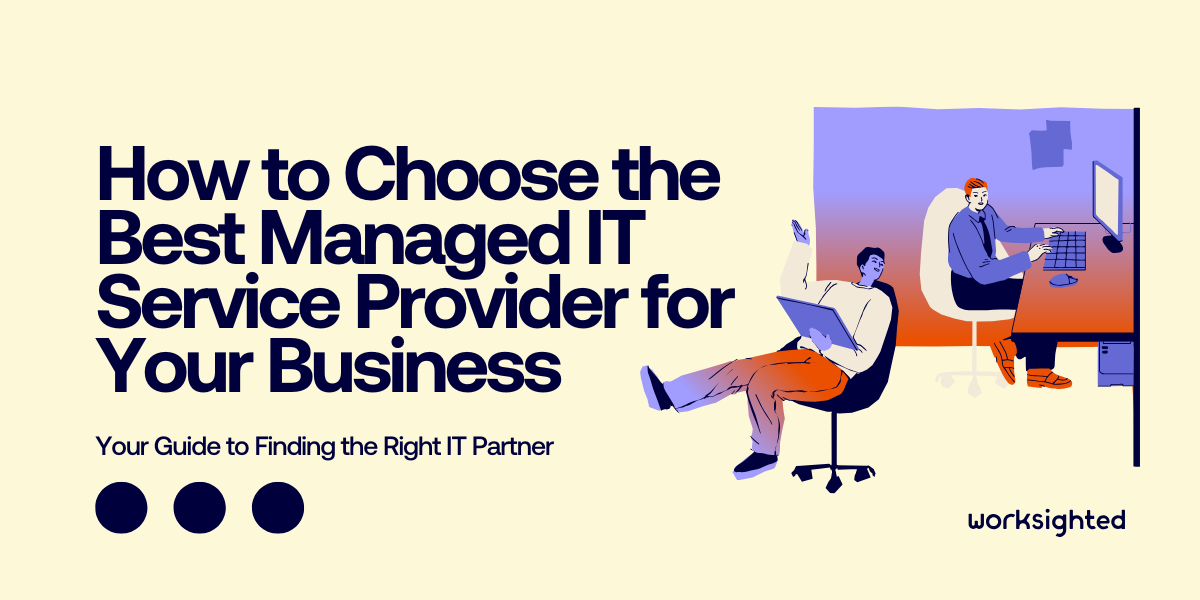 Finding the right IT partner can feel overwhelming, especially when technology touches every part of your business. Whether you’re looking to improve system reliability, strengthen cybersecurity, or scale your operations, the right Managed Service Provider (MSP) should do more than just fix problems. They should understand your goals, anticipate your needs, and act as a true extension of your team.
Finding the right IT partner can feel overwhelming, especially when technology touches every part of your business. Whether you’re looking to improve system reliability, strengthen cybersecurity, or scale your operations, the right Managed Service Provider (MSP) should do more than just fix problems. They should understand your goals, anticipate your needs, and act as a true extension of your team.
This guide is designed to help business leaders and IT decision-makers navigate the process of selecting an MSP. We’ll walk through the key questions to ask, the capabilities to look for, and how to ensure your IT partner is aligned with your long-term success.
1. Define Your Needs and Expectations
Before you begin evaluating IT partners, it’s important to understand what you actually need from one. Every business has a unique set of challenges, goals, and internal capabilities, and your IT partner should be able to meet you where you are and help take you where you want to go.
Start by asking: What role should technology play in your business? Is it a support function, a growth driver, or a strategic differentiator? The clearer you are on your expectations, the easier it will be to find a partner who can deliver real value—not just technical fixes.
Here are key areas to consider:
Pain Points: Are you dealing with frequent downtime, slow systems, cybersecurity concerns, or challenges supporting remote employees?
Business Goals: Are you planning to expand your workforce, launch new products, or enter new markets? Your IT partner should be able to align their services with these goals.
Service Scope: Do you need full IT outsourcing, or are you looking to supplement your internal team with co-managed support?
Required Services: Think about both day-to-day operational needs (like help desk support, network monitoring, and data backup) and strategic initiatives (like cloud migration, compliance assistance, and IT consulting).
Tip: Look for MSPs that offer a process around strategic roadmapping. This ensures your IT environment evolves in step with your business, not behind it.
2. Evaluate Technical Expertise and Industry Experience
Your IT partner should be more than just technically capable; they should understand your business environment and be able to support it confidently. Look for a provider that’s familiar with your systems, stays current with evolving technologies, and has experience in your industry.
Key areas to assess:
Certifications & Training: Are their team members certified and continuously learning?
Technology Proficiency: Do they understand your current platforms and tools?
Industry Experience: Have they worked with businesses like yours and understand your regulatory landscape?
Proactive Support: Do they prevent issues before they happen, or only respond when things break?
Tip: A proactive MSP with relevant experience can help you avoid costly downtime and stay ahead of technical challenges.
3. Assess Service Delivery and Support
Even the most skilled IT provider won’t be a good fit if their service delivery doesn’t match your expectations. Reliability, responsiveness, and clear communication are essential, especially when issues arise or decisions need to be made quickly.
Key areas to evaluate:
Response Times & SLAs: Review their Service Level Agreement (SLA), which outlines how quickly they respond and resolve issues based on severity. This sets clear expectations and ensures accountability.
Support Availability: Do they offer 24/7 support, on-site visits, or emergency assistance?
Communication Style: Will you have a dedicated account manager? Do they provide regular updates and performance reports?
Onboarding Process: Is there a clear plan for transitioning your systems and team with minimal disruption?
Tip: An MSP with clearly defined Service Level Agreements (SLAs) and thorough onboarding processes demonstrates a strong commitment to reliability and a positive client experience. Be sure to ask for recent metrics on their response and resolution times to get a better sense of their performance.
4. Prioritize Cybersecurity and Compliance
In today’s threat landscape, cybersecurity isn’t optional; it’s foundational. With ransomware, phishing, and data breaches on the rise, your IT partner must be equipped to protect your business from evolving risks. Security should be baked into every layer of their service, not treated as an add-on.
Beyond protection, your partner should also help you navigate complex compliance requirements, especially if you operate in regulated industries like healthcare, finance, or manufacturing.
Key areas to evaluate:
Security Services: Do they offer endpoint protection, vulnerability assessments, penetration testing, and employee security training?
Compliance Support: Can they help you meet standards like HIPAA, GDPR, or PCI-DSS?
Internal Security Practices: How do they safeguard their own systems and your data from threats?
Tip: When selecting a Managed Service Provider (MSP), a security-first approach is crucial for ensuring your business remains resilient, compliant, and confident against any potential threats. To help you find the right partner, look for organizations that prioritize alignment with established security frameworks such as SOC (Service Organization Control) and CIS (Critical Security Controls).
5. Plan for Growth with a Scalable IT Partner
Your business won’t stay the same, and your IT partner shouldn’t either. As your team grows, your operations evolve, or your technology needs shift, your MSP should be able to scale with you and adjust its services accordingly.
Key areas to evaluate:
Scalable Services: Can they easily expand or reduce support based on your business needs?
Flexible Plans: Are their service packages customizable, or are you locked into rigid tiers?
Growth Alignment: Do they proactively plan for your future needs, not just react to current ones?
Tip: A flexible MSP helps you stay agile, competitive, and prepared for what’s next. To choose the right IT partner, it’s important to consider their ability to meet your specific business needs. The best partner for you might be one that excels in:
Fast Procurement Times: This ensures you get the hardware and software you need quickly, avoiding delays in your operations.
Lifecycle Rotation and Budgetary Planning: They should help you plan for the future of your technology, including when to replace old equipment and how to budget for it effectively.
Strategic Vendor Partnerships: This means they have strong relationships with key technology vendors, which can lead to better pricing, faster support, and access to the latest products.
6. Understand Pricing and Contract Terms
IT services should be transparent and predictable. No surprises, no hidden fees. A good MSP will clearly outline how their pricing works and what’s included in your agreement.
Key areas to evaluate:
Pricing Model: Is it per user, per device, flat fee, or tiered? Does it fit your business structure?
Contract Flexibility: Are you locked into unfavorable terms, or can you scale services up or down as needed?
Clarity of Scope: Are services clearly defined, including what’s covered and what’s considered out-of-scope?
Tip: Ask for a full breakdown of costs and services to understand the total value, not just the monthly fee.
7. Look for Cultural Fit and Long-Term Partnership Potential
Your IT partner will be deeply involved in your operations, so it’s important they align with your company’s values and communication style. The best partnerships feel collaborative, not transactional.
Key areas to evaluate:
Cultural Alignment: Do they share your approach to service, innovation, and teamwork?
Communication & Trust: Are they responsive, transparent, and easy to work with?
Client Relationships: Do they have long-standing clients who speak to their reliability and adaptability?
Tip: A partner who listens, adapts, and genuinely cares about your success will be more valuable than one who just checks boxes. When evaluating a new IT partner, it’s a good idea to do some due diligence before you sign the contract.
Here are a few things you should consider asking for to ensure they’re a good fit for your business:
Referrals from Existing Clients: This gives you a chance to speak with current customers and get a sense of their experience working with the partner.
Recent Net Promoter Scores (NPS): A high NPS indicates that clients are highly likely to recommend the IT partner to others.
Recent Customer Satisfaction Scores (CSAT): A high CSAT score shows that clients are happy with the service they’ve received.
By asking for these items, you can get a better picture of the company’s reliability and reputation, helping you make a more informed decision.
Choosing the Right IT Partner
Selecting an IT partner is more than a technical decision; it’s a strategic one.
Looking for an IT services partner? Consider one that offers a human-first approach with personalized account management. The right partner should provide scalable, cost-effective solutions, a guaranteed measurable support experience, proactive integrated cybersecurity, and strategic IT resource guidance.
Interested in learning more? Contact our team of experts today.
